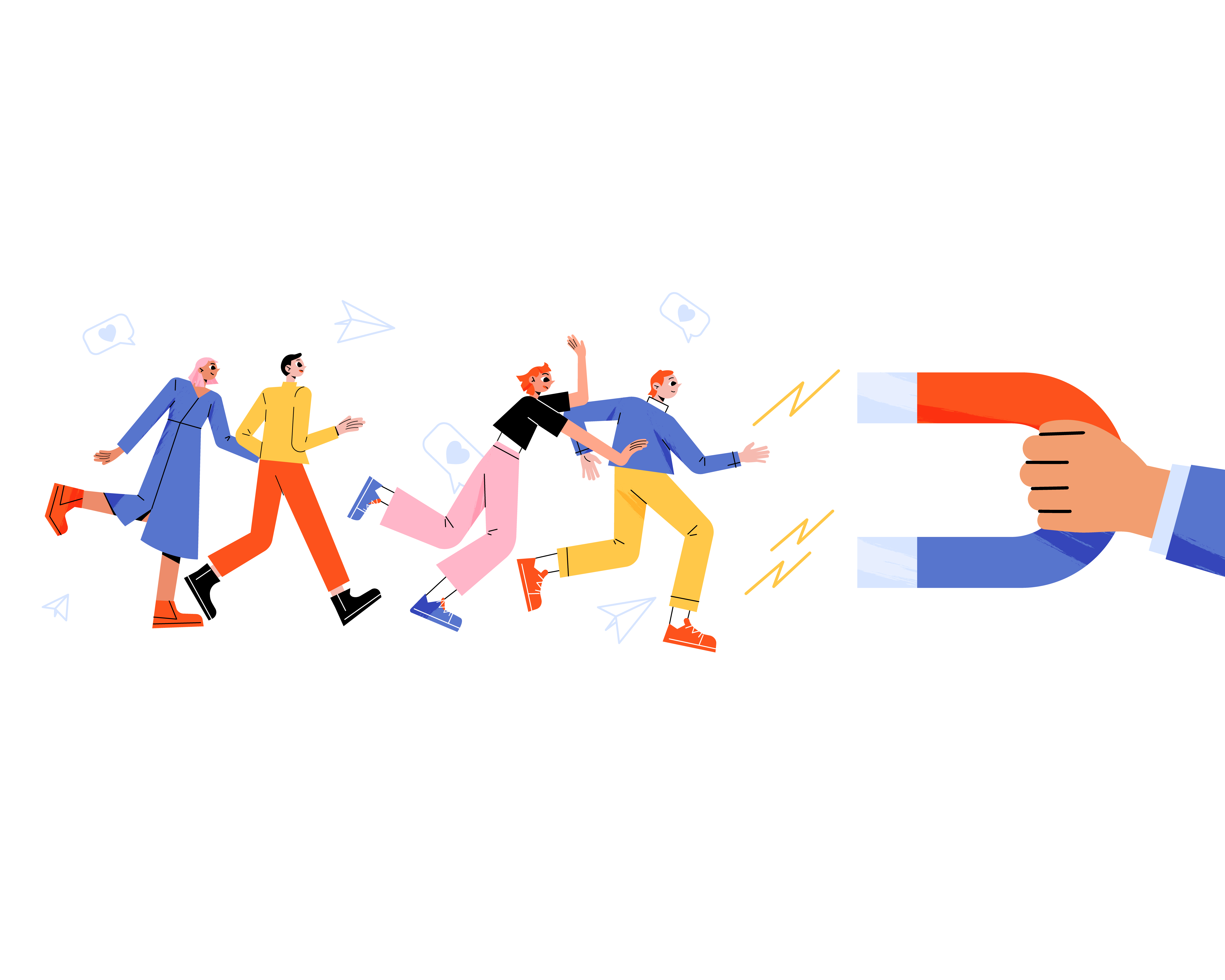We’re all guilty of skimming a company email every now and then: Giving it a quick scan and picking out a couple of important bits. The repercussions can sometimes be painful, like when you tell your boss you read it, and she asks you which of the project tasks you’d like to take, only for you to pause and then say, “Oh … I don’t know.” Or maybe you’ve been introduced to a new co-worker whom you bond with over your mutual love of hiking but later have to admit you don’t remember his name.
These types of situations can elicit a bit of shame. We might feel like we should’ve paid closer attention or wonder if there’s something wrong with our memory. We all know it’s responsible to remember, but recent research indicates it’s also responsible to forget. Yes, you read that right. Using a metacognitive process called “responsible forgetting,” we can enhance our ability to remember what’s important by attempting to forget information that’s less consequential.
In this research, participants were asked to study a list of words. Half the list consisted of random words; the other half were words with the same theme (in this case, camping items). After being presented with a word from the study list, participants were told whether they or someone else would be responsible for remembering that word. The results showed the better participants were at forgetting the items assigned to someone else, the better they were at remembering the words they were responsible for. However, they still remembered the camping items that were most important for a successful camping trip (e.g., water and tent), even when they weren’t required to.
This study sheds light on an important reality: We tend to remember information that we believe to be valuable. Researchers call this value-directed memory and describe it as the ability to focus on high-value information at the expense of low-value information. In fact, other recent research shows people strategically prioritize remembering important information, and as the amount of important information increases, so does their strategic use of memory. Said another way: The more information there is, the higher the bar for what constitutes valuable information.
In this other experiment, participants studied lists of words. Each word had a certain point value for being remembered, with some words worth more than others. The research showed participants were better able to recall the higher-value words, and they remembered them even better under time pressure. This means that effective use of our memory doesn’t involve remembering as much information as possible. Instead, it means being strategic, understanding which information has the most value, and prioritizing it at the expense of less valuable information.
When thinking about how we can increase the chance that we’ll remember important information, consider these tips:
Don’t mix important information with unimportant information. It may not be obvious to others what’s crucial and what isn’t, potentially causing less important information to be remembered at the cost of more important information. If you’re going to mix information, try to make it clear what’s valuable to whom and for what reason.
Think of your memory as a strategic tool to be used wisely. Consider the value associated with information and explicitly prioritize. Do this across time as well: The new hire’s name might not be important at the moment, but it will be in the future.
When we forget important information, we often fall into the trap of believing we simply have a poor memory. Instead, we should use the experience as a lesson to refine how we use our memory. We can do this by thinking deeply about what information has value to us and why. The reality is we won’t remember everything, and actually, that’s a good thing. If we remembered everything, we wouldn’t be able to discern what’s important. That’s because our memory isn’t just a store of information — it’s a web of interconnected concepts stored contingent on how valuable we believe that information to be. We do best when we understand the limits of memory and the link between value and memorization.
So the next time you find yourself having to say, “I don’t remember,” consider it a strategic favor to your brain.





.avif)


